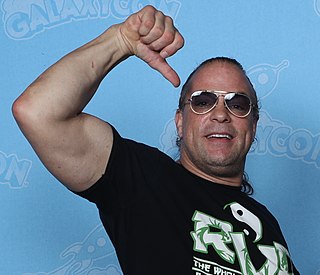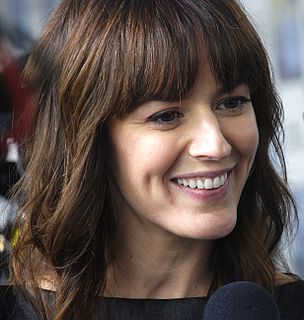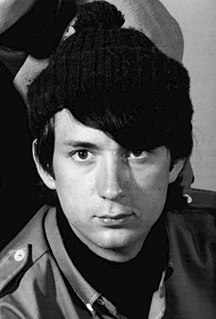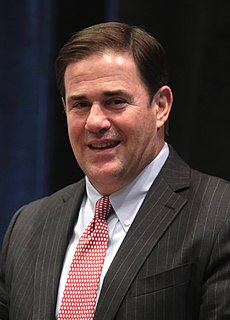A Quote by Jason Moran
From being a teacher and educator, I see the state of the music through the eyes of an 18-year-old coming on to the scene, and we want to make sure it stays intact. With my generation, it's our duty to do that.
Related Quotes
An educator's most important task, one might say his holy duty, is to see to it that no child is discouraged at school, and that a child who enters school already discouraged regains his self-confidence through his school and his teacher. This goes hand in hand with the vocation of the educator, for education is possible only with children who look hopefully and joyfully upon the future.
The thing we need to work on as a country is our educational system. To me, that is something that our generation needs to be focused on. To make sure that for our next generation, every child - no matter what background, no matter what ethnicity, no matter whether they're whatever gender - that they are all educated to have real equal opportunity. That's number one for me. But I have no question that if it's not our generation that will make sure that that happens that it will be our children's generation.
That is another theme in the book [Dreams from My Father]. How do we exercise more empathy in our public discourse? How do we get the black to see through the eyes of the white? Or the citizen to see through the eyes of the immigrant? Or the straight to see through the eyes of the gay? That has always been a struggle in our politics.




































